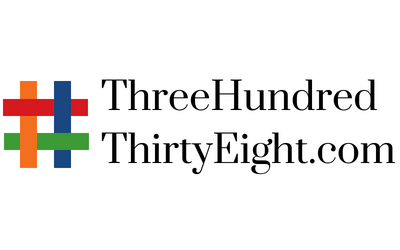By Salma Bangash
Imagine a world exclusive of hunger, without anyone having to worry about starvation. How would that have affected your life choices and your situations?
Have you ever stayed hungry all day and went to sleep with no food in your belly?
According to a report published by the Daily Bread Food Bank , 20% of residents of Toronto, the most populated city in Canada, do that often. One out of three children has to deal with hunger almost every day, affecting their growth, study, behavior, and future. Famine is no joke, and amidst a pandemic, it’s even more severe of an issue.
On top of everything, the pandemic has made lives much harder for the food insecure population. In early March, Covid-19 hit, and no one was prepared for this situation, so everyone dealt with it in their way in every country. Governments worldwide had to shut down businesses and impose strict lockdowns to contain the virus, resulting in lost jobs and layoffs.
Uncertainty created panic among ordinary people, and most started stocking up on necessities in fear of never-ending lockdowns. And while some people were stocking up on toilet paper, others didn’t know where their next meal would come from. Additionally, as has been widely documented across the country, food hoarding left low-income families who could not afford to buy in bulk at an extreme disadvantage when they found empty shelves at grocery stores.
The closure of businesses, lost jobs, and Covid-19 related sickness has overwhelmed Canada’s food banks. In April, the food bank reported a surge in new clients at the start of the pandemic, with weekly food deliveries increasing by 121 percent. In Waterloo Region alone, between March 16 – June 26, there was a 30 percent increase in the number of new households accessing food assistance compared to last year.
Canada’s government has responded with 100 million dollars to food banks and other community services to eradicate poverty. Additionally, the Canada Emergency Response benefit was provided for people who lost their jobs due to the pandemic. Canada Emergency Student Benefit was another support for University students who could not look for or find a job due to Covid-19 and closed businesses. Other benefits included the Canada recovery plan, Canada The Canada recovery sickness benefit, and The Canada recovery caregiving benefit.
Canada had a comprehensive response to the pandemic as it implemented many diverse and timely plans for many different demographics, which helped during the pandemic. The programs implemented were also continuously improved and updated and had a much smaller margin of error.
It’s a fact that our government has offered many benefits to people in various situations; however, it hasn’t proven enough.
A recent survey conducted by Dalhousie University has indicated that food insecurity among Canadians is becoming alarming. The survey also suggests that 55% of Canadians are concerned about food security and must choose between paying rent or buying groceries.
The emergency support response to COVID-19 seems insufficient to feed the starving Canadians in this challenging time. We all know that hunger deteriorates the immune system, and the COVID-19 virus can forage freely on weak immune systems.
To meet the UNs goal of ‘zero hunger’, its essential to meet the other goal of ‘no poverty’. And the bridge between the two goals is a strong welfare system. However, the welfare system currently in place in Canada is a minimal effort to treat poor people like human beings. And even though many organizations in Canada are continually working to eliminate poverty, and the government is pitching in regularly, many people question if these efforts are enough or dignified? Is a Universal pay or insurance a logical solution?
In the end, all this funding is essential and encouraging; however, keep in mind this will not be the world’s last global pandemic, and there are always other shocks to manage. To better prepare for future crises, governments should take this as a learning opportunity to invest in structural changes to reduce persistent inequities in food access due to poverty, health outcomes, decent work, and overall wellbeing
Emergency Response should be a routine response for every country. Only then can we imagine a world with no hunger.
